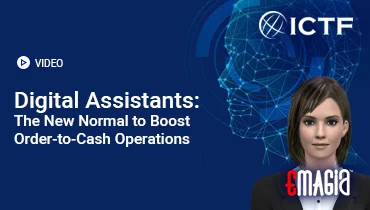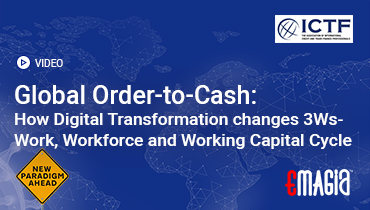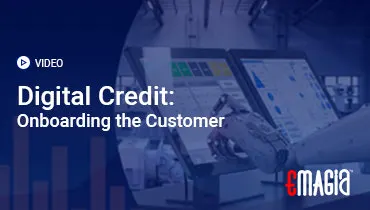Introduction to B2B Payments Orchestration
B2B payments orchestration is transforming how businesses handle transactions. This unified payment management approach allows companies to optimize, automate, and streamline their payment processes. Businesses benefit from enhanced efficiency, reduced costs, compliance automation, and improved cash flow. In today’s fast-paced global economy, integrating a B2B payments orchestration system is no longer optional—it’s essential.
Understanding Payment Orchestration
Payment orchestration is a centralized approach to managing business transactions across multiple payment gateways and providers. This system enables businesses to route payments intelligently, automate reconciliation, and maintain complete visibility into transaction workflows.
Key Features of Payment Orchestration Platforms
- Multi-Rail Payment Routing: Direct payments via the most cost-efficient rails such as ACH, wire transfers, and virtual cards.
- Unified Payments Gateway: Centralizing payment methods into a single interface for better control.
- API-Driven Integrations: Seamless ERP and business app connectivity.
- AI-Powered Orchestration: Intelligent routing, fraud detection, and transaction optimization.
The Advantages of B2B Payments Orchestration
Businesses adopting B2B payments orchestration benefit in multiple ways:
- Cost Optimization: Reduce payment processing costs through intelligent routing.
- Enhanced Security: Tokenization and fraud prevention for safe transactions.
- Operational Efficiency: Automation reduces manual work, freeing up resources.
- Better Cash Flow: Real-time payments enhance liquidity and improve supplier relationships.
Advanced Capabilities in Payment Orchestration
AI-Powered Payment Orchestration
AI-driven orchestration improves efficiency by analyzing payment data to predict success rates, detect fraud, and optimize transaction routing. This leads to faster, more reliable transactions for businesses.
Real-Time B2B Payments
Real-time payments allow instant settlement between buyers and suppliers. This improves cash flow, strengthens relationships, and enables better financial planning.
Compliance and Regulatory Automation
Global payment regulations are complex. Payment orchestration platforms automate compliance checks, ensuring businesses stay compliant while reducing risk.
ERP Integration in Payment Orchestration
Integration with ERP systems such as SAP, Oracle, NetSuite, or MS Dynamics is a key feature of advanced payment orchestration. ERP integration enables automated invoicing, reconciliation, and reporting, improving efficiency and accuracy.
Global and Cross-Border Payment Orchestration
International transactions can be complicated due to currency exchange, compliance, and payment methods. Payment orchestration simplifies cross-border payments with multi-currency support, regulatory compliance automation, and intelligent routing.
Future of B2B Payments Orchestration
The future will be defined by further automation, AI innovation, and integration with emerging technologies like blockchain and Open Banking. Businesses adopting payment orchestration today will have a competitive advantage tomorrow.
How Emagia Helps Businesses with Payment Orchestration
Emagia delivers a powerful B2B payments orchestration platform that streamlines payment processes for global enterprises. Key offerings include:
- Flexible Payment Routing: Ensuring cost-effective and reliable transaction processing.
- Compliance Automation: Automating global regulatory requirements.
- Advanced Analytics: Real-time insights for continuous payment optimization.
By leveraging Emagia’s advanced orchestration solutions, businesses can achieve operational efficiency, improve cash flow, and strengthen supplier relationships.
Frequently Asked Questions (FAQs)
What is B2B Payments Orchestration?
B2B payments orchestration centralizes the management of payment processes across various providers and channels, optimizing costs and improving transaction efficiency.
How does Payment Orchestration improve efficiency?
By automating workflows, consolidating payment methods, and providing intelligent routing, orchestration streamlines payment processing and reduces manual errors.
Is Payment Orchestration secure?
Yes. Advanced orchestration platforms use tokenization, fraud detection, and compliance automation to ensure secure transactions.
Can Payment Orchestration integrate with existing systems?
Yes. It is designed to integrate with ERP and other business systems for seamless data exchange and process automation.
What are the benefits of Real-Time B2B Payments?
Real-time payments enable instant settlement, improving cash flow, accelerating supplier payment cycles, and enhancing buyer-supplier trust.



